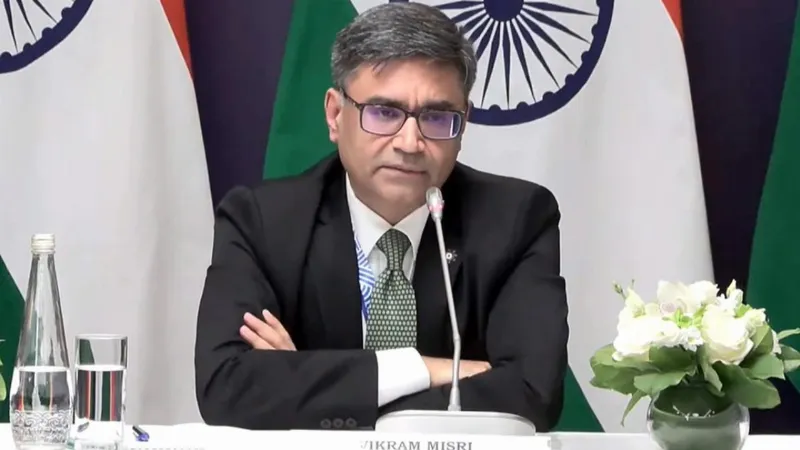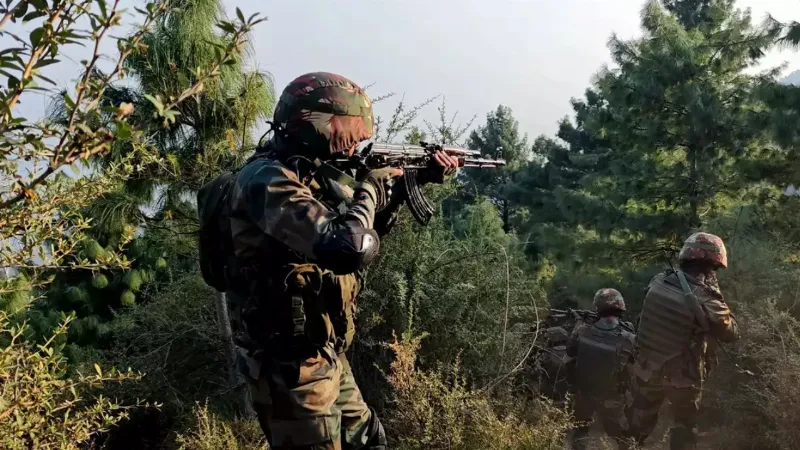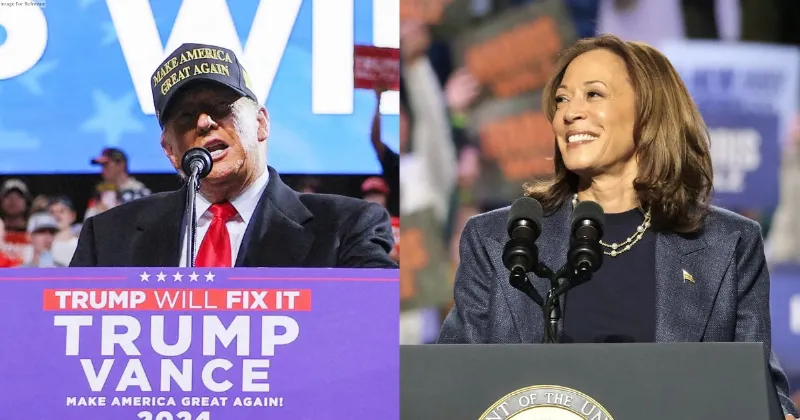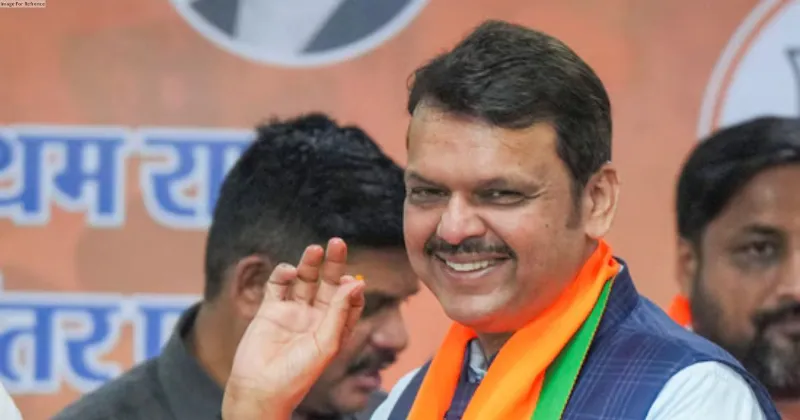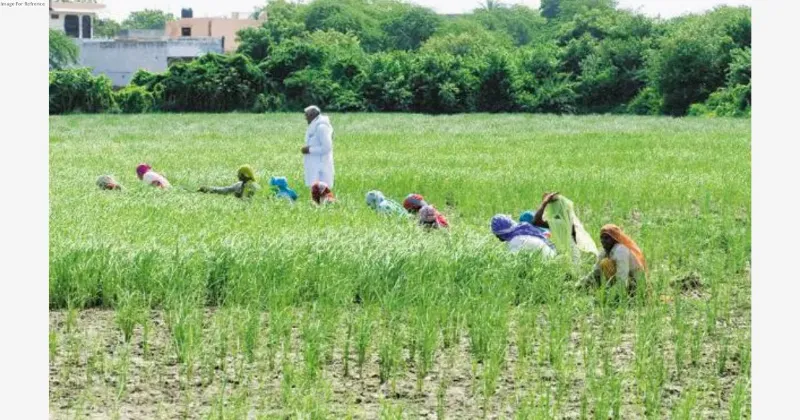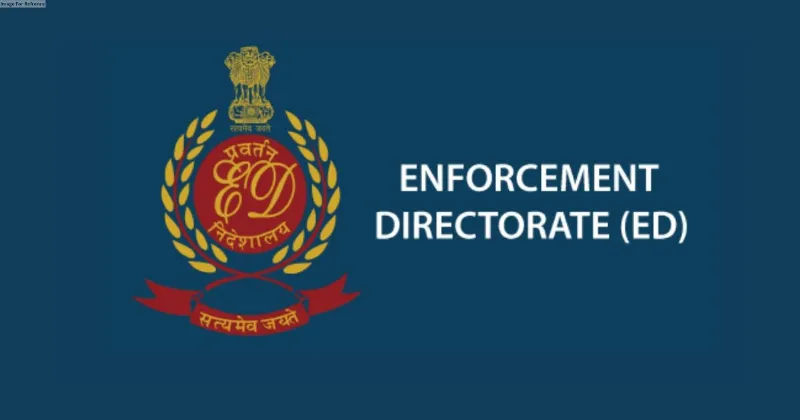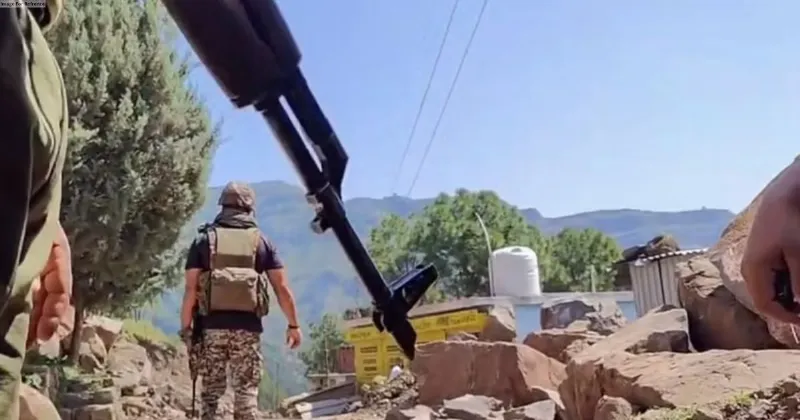Latest News
JLF 2022: Day 3 of JLF, most magnificent
.png)
Preceded by a power-packed day 2 on-ground, with speakers from across the Indian subcontinent & the world, Day 3 was another memorable day at the 15th Jaipur Literature Festival. Notable sessions on Day 2 had included one on award-winning Norwegian writer Jan Grue’s soul-stirring memoir, I Live a Life Like Yours - about ‘the work of being myself in the world’, and another one on celebrated author Pavan K. Varma’s latest book, The Great Hindu Civilisation, that unravels the texts and legacies behind this ancient civilization and its many layers and belief systems.
Day three of the world’s biggest ‘hybrid’ literary festival began with a soulful introduction to His Holiness the 14th Dalai Lama by writer, television producer-director, documentary filmmaker, and personal student of the Dalai Lama for whom he manages the Foundation for Universal Responsibility, Rajiv Mehrotra. The session spoke about the harmony between the mind, body, and soul. Mehrotra shared a combination of breathing exercises, correcting body posture, and a few tips to keep the mind at peace. Morning Music was graced by The Aahvaan Project where the group presented a philosophy of love, humanity, and kindness and created a space for harmony with their unique ability of storytelling through music.
At a session, writer Anirudh Kanisetti discussed his book, Lords of the Deccan: Southern India from the Chalukyas to the Cholas, with critically acclaimed writer and historian Manu S. Pillai. The book is a testament to Kanisetti’s thoughtful and immense study of medieval South India and its influence on contemporary politics and culture. “What was invigorating was the book…it fills a major gap in the medieval period,” said Manu S. Pillai about Anirudh’s book. Both writers came together for a fascinating conversation on the lords and legacies of the Deccan.
At an informative session, historian and acclaimed writer Manu S. Pillai discussed his new book, False Allies: India’s Maharajahs in the Age of Ravi Varma, with a Member of Parliament from Thiruvananthapuram and bestselling author, Shashi Tharoor. The duo talked about the history of India’s maharajahs with author and historian Ira Mukhoty. Pillai noted that the reason he took up the challenge to write the book was because 40% of the Indian subcontinent, even under the Raj, was actually under the princely states. During the conversation, Pillai said that he calls maharajahs false allies “because there were ways and means by which even the maharajahs actually resisted colonial influence”. About the book, Shashi Tharoor said: “...this was worth writing, worth studying and there is indeed a great deal that happened in the princely states that we tend to overlook when we study the history of India.”
At a very well-attended session, Member of Parliament Mahua Moitra and former diplomat, politician, and author Pavan K. Varma were in conversation with media veteran & writer Sudha Sadanand in a session called Telling It Like It Is. The session focused on the power of dissent. At the session, Varma said, “...the greatest threat to democracy is the belief by a person or any set of people that they have a monopoly over the truth. That puts an end to dialogue and the possibility of civilised dissent which is so essential for a democracy.” Moitra added, “...Majority is important for a democracy to function but… majoritarianism is against the very essence of democracy.” During their discussion, Moitra emphasized that space for dissent is shrinking and noted that only when a society uses dissent constructively, it can progress.
The day ended with music festival, which brought to the fore three diverse performances by singer-songwriters and musicians working across an eclectic mix of genres, including folk, pop, and rock; Xubaan, Ankur Tewari, and Ali Saffudin.

.png)
.png)

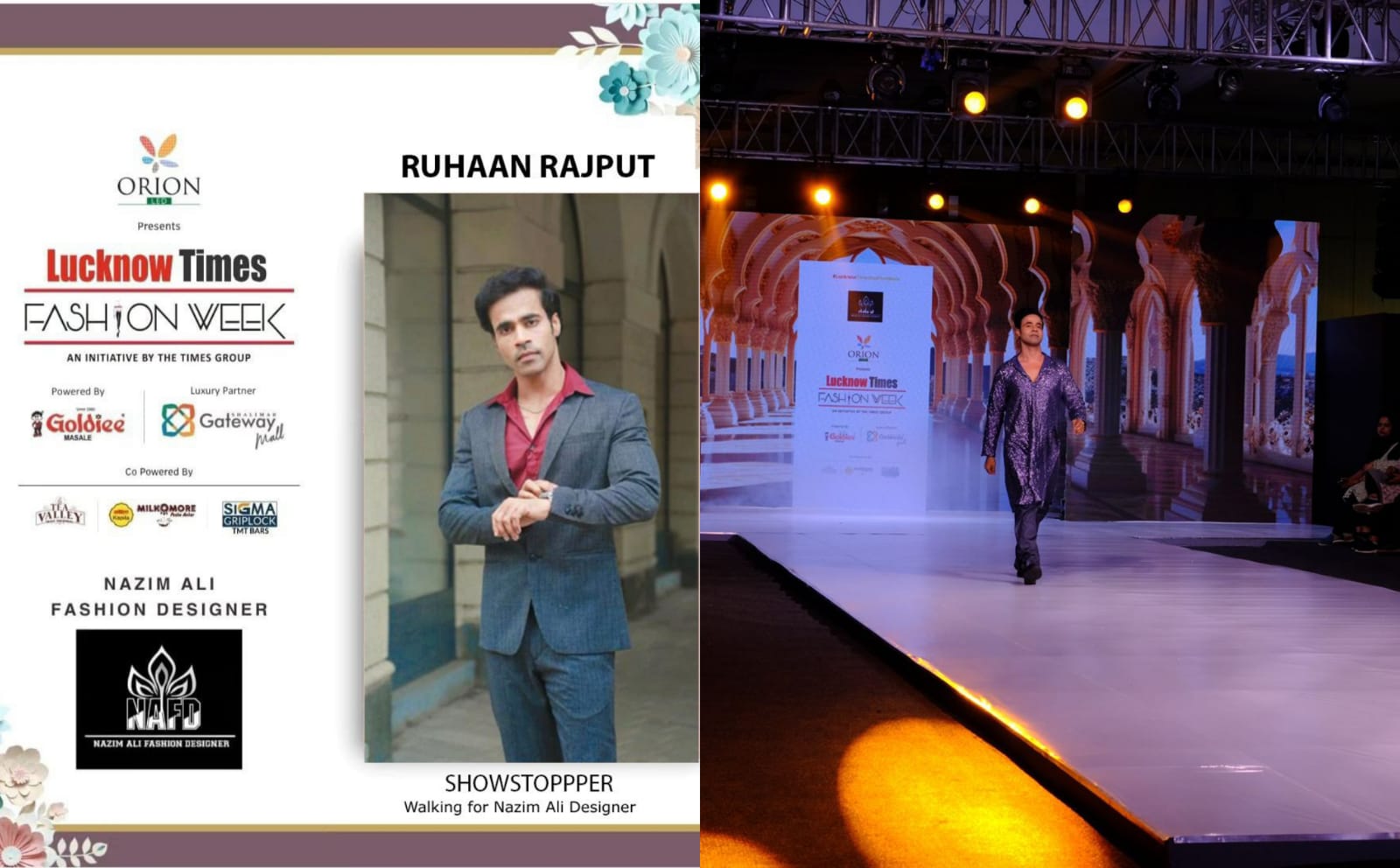
.png)
.png)
.png)
.png)
.png)
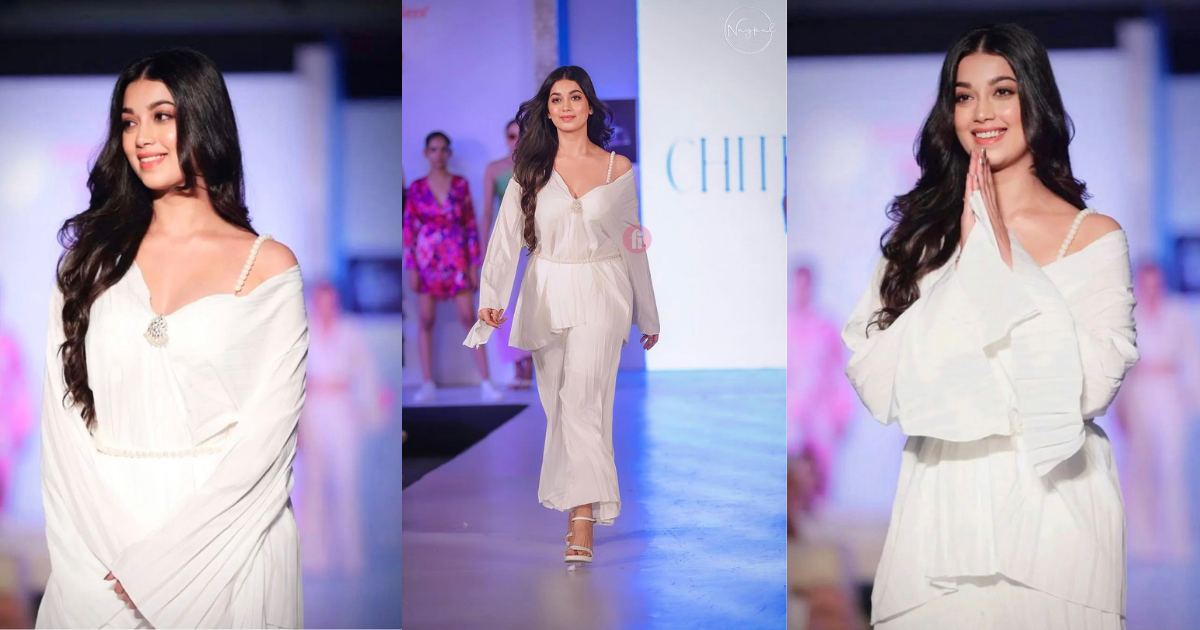
.png)

